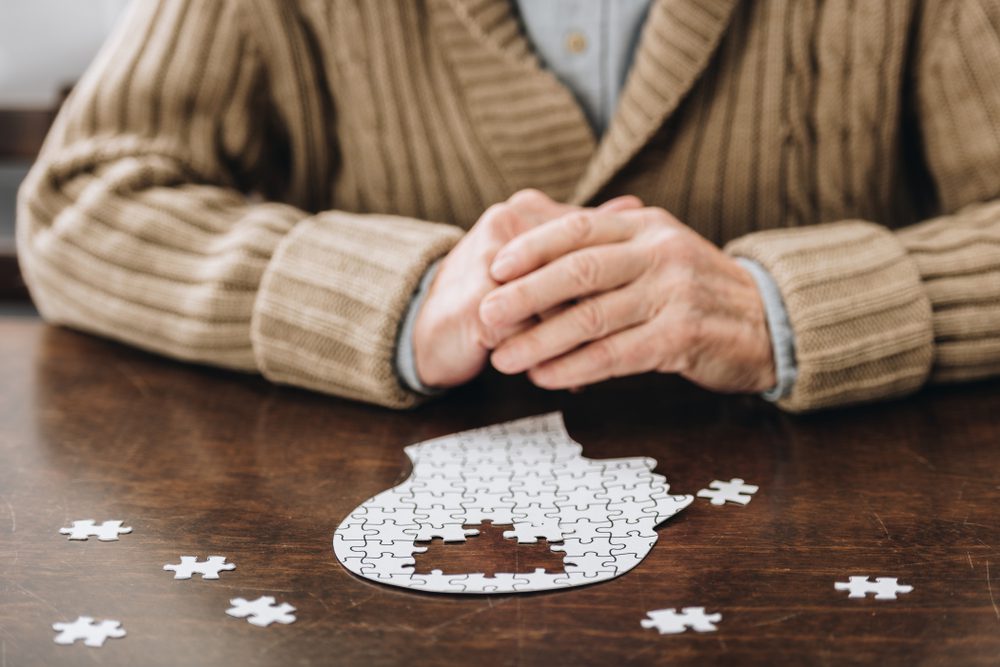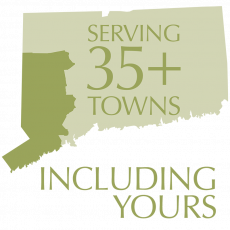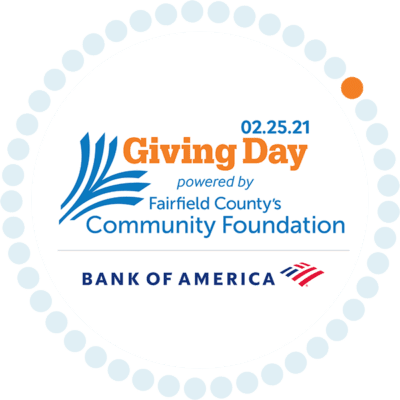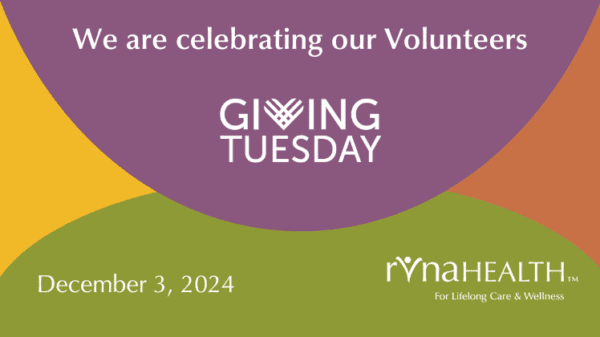

While former President Jimmy Carter has made headlines about his current journey on hospice care, the former First Lady, Rosalynn, has also been notably in the news. In May of this year, the family announced that Mrs. Carter has dementia. Like her husband’s hospice news, the former First Lady’s diagnosis shines a further light of awareness on the topic of dementia and, in particular, on caregivers. Carter has been a long-term advocate for mental health and caregiving issues, including dementia.
Understanding the Basics…Dementia vs. Alzheimer’s
Dementia is a broad term used to describe a group of cognitive impairments (including Alzheimer’s disease) that interfere with an individual’s daily life and functioning. It is not a specific disease itself, but rather a syndrome characterized by a decline in cognitive function beyond what might be expected as a result of normal aging. Common symptoms of dementia include memory loss, difficulties with problem-solving, language and communication problems, and changes in mood and behavior.
What Causes Dementia?
There are various underlying causes of dementia, with Alzheimer’s disease being the most common. The exact cause of dementia depends on the specific type, but in general, it often involves damage to brain cells or a decrease in the brain’s ability to function correctly. This can result from various factors, including:
- Alzheimer’s disease: Abnormal protein deposits in the brain, such as amyloid plaques and tau tangles, contribute to cognitive decline.
- Vascular dementia: Reduced blood flow to the brain, often due to strokes or small vessel disease, leads to cognitive impairments.
- Lewy body dementia: Accumulation of abnormal protein deposits (Lewy bodies) in the brain.
- Frontotemporal dementia: Degeneration of the frontal and temporal lobes of the brain, leading to changes in behavior and personality.
- Other causes: Dementia can also result from conditions like Parkinson’s disease, Huntington’s disease, traumatic brain injury, or infections.
The Statistics
Many find the staggering statistics around dementia surprising. According to the Alzheimer’s Association, some of the statistics include:
- One in three of seniors, ages 65+, dies with a form of dementia.
- It is the fifth leading cause of death for older adults in the U.S.
- Specific to just Alzheimer’s, the lifetime risk at age 45 is 1 in 5 for women and 1 in 10 for men.
- In 2023, all dementias will cost the nation $345 billion and by 2050, costs could rise to nearly $1 trillion.

Caregiving in the Dementia Equation
At the announcement of the former First Lady’s dementia diagnosis, the family stated “As the founder of the Rosalynn Carter Institute for Caregivers, Mrs. Carter often noted that there are only four kinds of people in this world: those who have been caregivers; those who are currently caregivers, those who will be caregivers, and those who will need caregivers.”
The Alzheimer’s Association estimated that in 2022, unpaid caregivers (family, friends, neighbors) provided an estimated 18 billion hours of care (or an average of ~26 hours/week) for individuals with dementia. While the impact and care needs for individuals affected by dementia are multifaceted, we cannot forget the needs of dementia caregivers. Caring for a loved one with dementia can be an emotionally, physically, and mentally challenging experience, and it can take a significant toll. It’s crucial for caregivers to prioritize self-care and seek assistance when needed to maintain their own health and well-being.
RVNAhealth Dementia Services and Support
Dementia is a progressive condition, meaning that symptoms tend to worsen over time. There is no cure for most types of dementia, but some medications and therapies can help manage symptoms and improve the quality of life for individuals with dementia. Caregiver support and appropriate healthcare are crucial for those affected by dementia.
Early diagnosis and intervention can make a significant difference in managing the condition and improving the well-being of both patients and their families. RVNAhealth offers a variety of patient and caregiver support services for dementia. Please see some of our patient and caregiver support services below. Click here if you would like to join our dementia-specific mailing list for updates on RVNAhealth dementia education, events and support offerings. Or, if you have any questions, please contact us by email: intake@rvnahealth.org, or phone: 203.438.5555.
RVNAhealth Dementia Support Services:
- Dementia Caregiver Support Group: In support of the challenges and needs facing the caregiving population, RVNAhealth offers a Dementia Caregiver Support group monthly, in coordination with the Alzheimer’s Association. Held on the fourth Monday of every month from 11:00am-12:00pm at the RVNAhealth Ridgefield office, the caregiver support group aims to create a safe, confidential, supportive environment and a chance for participants to develop informal mutual support and social relationships. They also educate and inform participants about dementia and help participants develop methods and skills to solve problems.
- Personal Medical Alert Services: At the early stages of a dementia diagnosis, when round the clock care may not be necessary, a personal medical alert device can provide caregiver peace of mind for the health and well-being of a loved one. RVNAhealth offers a variety of in-home and on-the-go Lifeline device options.
- Rehabilitation Services: Rehabilitation services help patients extend their independence in activities and speech. Occupational and Speech Therapists help to stimulate cognitive and fine motor skills while providing practical tools to maximize activity, safety, and enhance quality of life.
- Nutrition Services: Nutrition services for dementia, offered by our Registered Dietitian, are aimed at promoting appetite, healthy body weight, and positive engagement with food, while balancing each patient’s unique nutritional needs.
- Private Duty Caregivers: Available as hourly or live-in, our private duty caregivers can provide a variety of non-medical personal and house-hold assistance based upon a patient’s evolving need.
- Private Duty Nursing: Providing immediate access to care for medical needs and treatments not covered by insurance. From medical care in the home, to medication preparation and administration, to peace of mind medical assessments and vital sign checks when getting to the doctor is too difficult – Private Duty Nurses provide immediate and customized care in coordination with a patient’s doctor.
- Palliative & Hospice Care: For advanced dementia disease, palliative and hospice care with RVNAhealth provides in-home comfort care and peace to patient and family. An experienced team consisting of medical, social, spiritual, and family support volunteers bring their expertise and experience in dementia care to families and their loved ones.
- Certified Dementia Practitioner (CDP) Program : RVNAhealth proudly offers Certified Dementia Practitioner training to its staff. CDPs are equipped with training and tools to help deliver appropriate and effective communications with patients. This additional expertise enables improved communication and assistance between our team, the caregiver, patient, and family.





